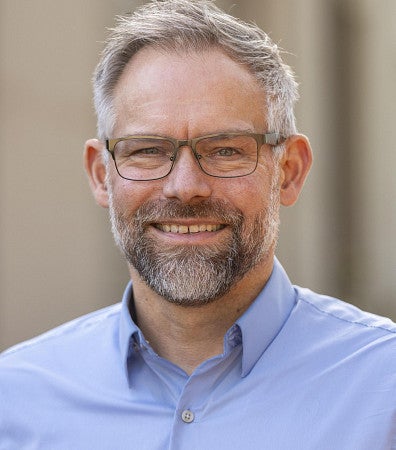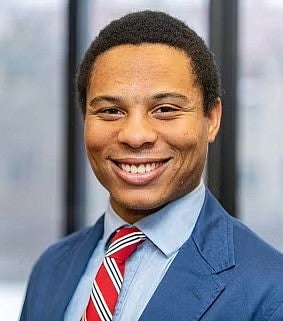In the College of Arts and Sciences, research takes many forms, whether it’s published in a book, acted out on stage, shared in a community forum, or announced in a peer-reviewed article. Our faculty drives the high-impact research and creative activity that’s earned the UO membership in the prestigious Association of American Universities (AAU). In their roles as both inspired teachers and dedicated researchers, our world-class faculty members are committed to leading discovery, expanding students’ intellectual horizons, and producing diverse thought and knowledge that makes the world a better place.
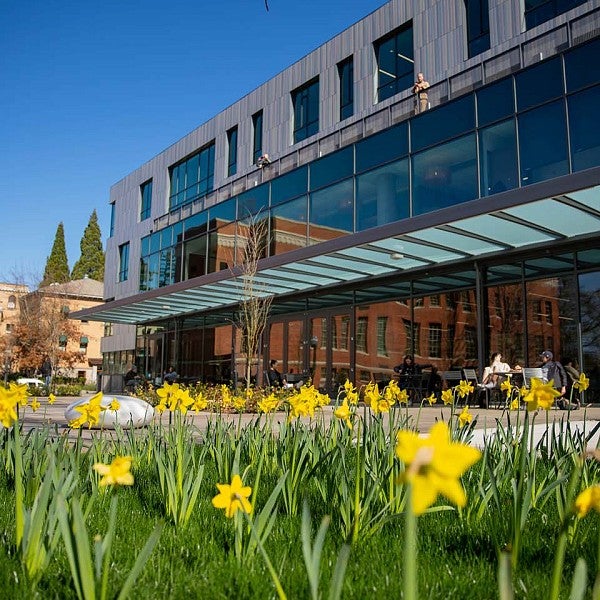
Available Grants
The College of Arts and Sciences offers funding to support faculty members, including assistance for event programming, travel, and book purchases.
The Science of Making a Difference
For nearly 150 years, collaboration at the University of Oregon College of Arts and Sciences has powered groundbreaking research. The National Science Foundation is fueling innovation with more than $32 million in active grants for 2024, from leading the Cascadia Region Earthquake Science Center to working with Indigenous communities to fight climate change, UO's partnership with NSF is transforming science and building a better future.
Leaders in Ongoing Research
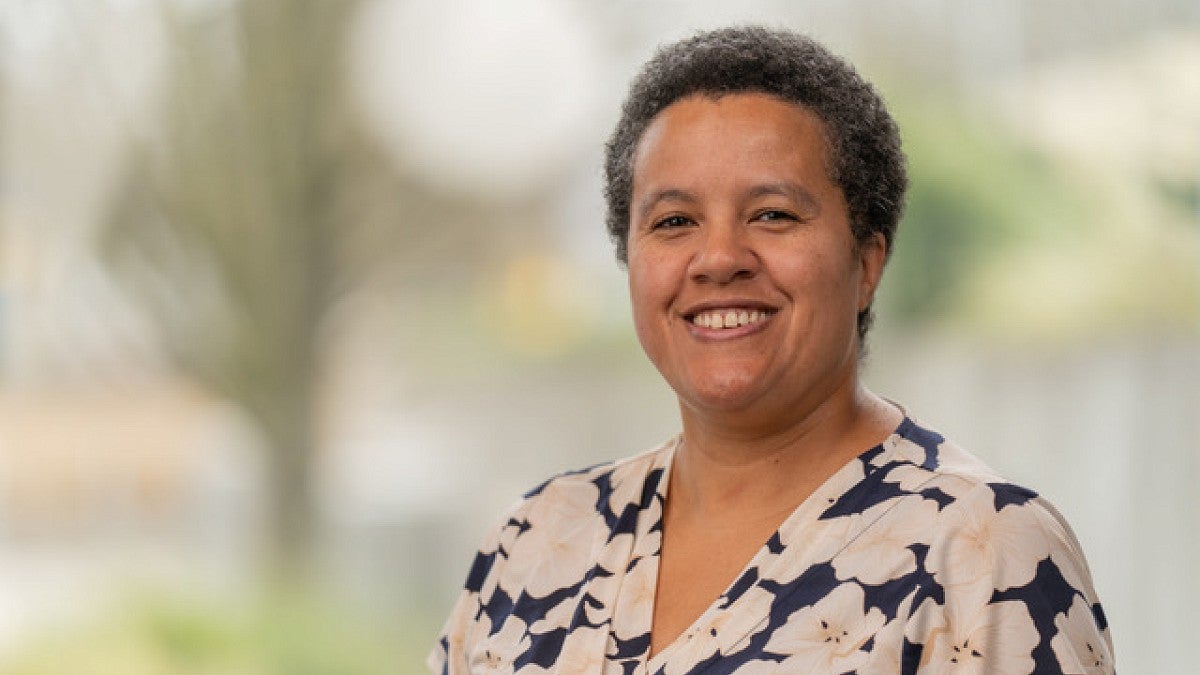
Camisha Russell was the UO’s first faculty member to be named a Mellon Foundation New Directions Fellow in 2024. Russell’s winning project proposal, "Reckoning with Foundational Sins: A Philosophical Inquiry into Blackness and Indigeneity in the US Nation,” is a plan to explore philosophically the relationship between Blackness and Indigeneity in the settler colonial nation of the US. Her focus is on the founding “sins” of the country—the genocide and dispossession of Native Americans and the kidnapping and enslavement of native Africans—and how those acts must be understood to answer the question of how to move toward justice for those who live here.
“My career has been guided by an overarching desire for social justice and a specific mission of increasing the diversity of the discipline of philosophy, both in terms of its members and its areas of concern,” Russell says.
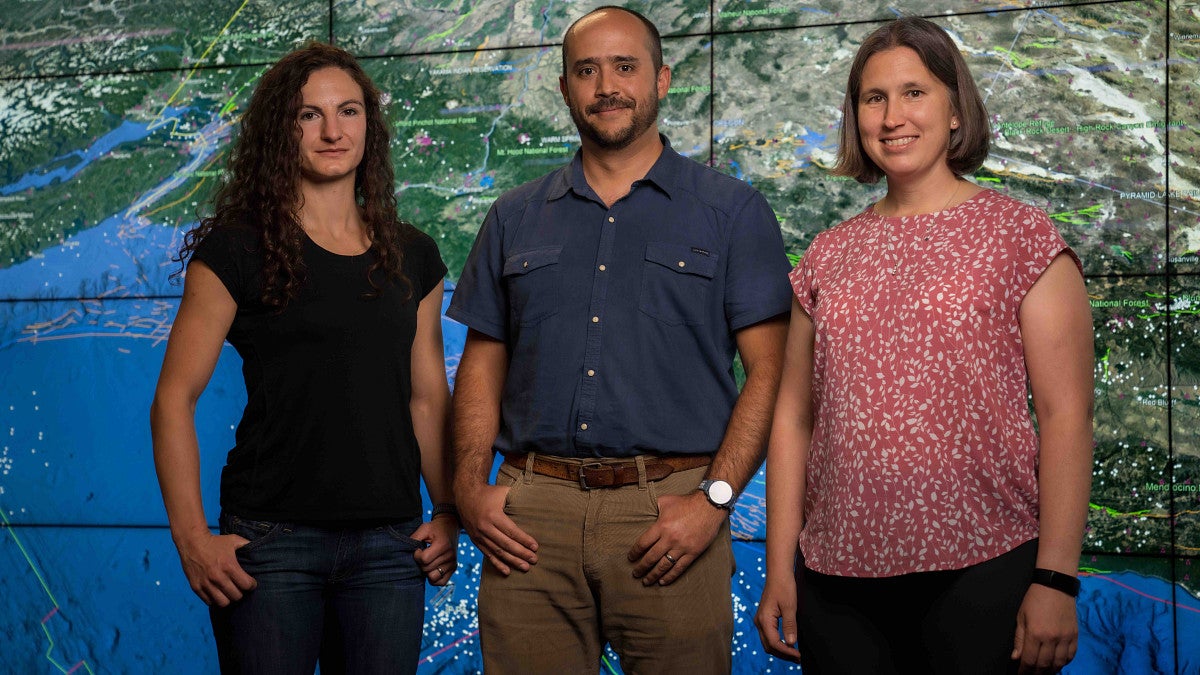
At any moment a 9.0+ magnitude earthquake — called the Cascadia earthquake — could hit the Pacific Northwest. The Cascadia Region Earthquake Science Center (CRESCENT) is the first National Science Foundation-funded subduction zone earthquake collaborative, working to understand the PNW Cascadia subduction zone, diversify the geosciences, and increase collaboration between researchers and policymakers to communicate the hazards related to the Big One.
Funded by a five-year, $15 million NSF grant, the center is led by three Earth sciences faculty members in the College of Arts and Sciences: Associate Professor Valerie Sahakian (left), Associate Professor Diego Melgar (middle), and Associate Professor Amanda Thomas (right).
“One of the key things coming out of the center are the fundamental science products that we need to move the science forward,” Sahakian says. “Agencies, groups, and communities that are already doing science related to Cascadia can enhance their findings for what evacuation routes should look like, for example.”
Exceptional Sponsored Research
Tenure-related faculty in the College of Arts and Sciences actively engage in research and scholarship and are leaders in their fields. Across the Humanities, Social Sciences, and Natural Sciences, the research activity—and reputation—of the CAS faculty are the basis of the UO’s status as a Carnegie Research I institution and a member of the Association of American Universities (AAU).
Each year, we handpick research projects from across our three divisions to be featured in story form. Explore our latest research highlights, and browse the full list of sponsored research for the year.
The faculty of the College of Arts and Sciences includes:
Help ensure that teaching, research, advising, mentoring, and support services are robust and fully available to every student.
Affiliated Research Centers, Institutes, and Special Facilities
Many of our faculty collaborate across disciplines in the two dozen research institutes and centers affiliated with the College of Arts and Sciences. Within our network of centers, institutes, and research facilities, faculty, students, and supporting staff expand the boundaries of inquiry and develop innovative solutions to global challenges.
Hear From Faculty Experts Across CAS
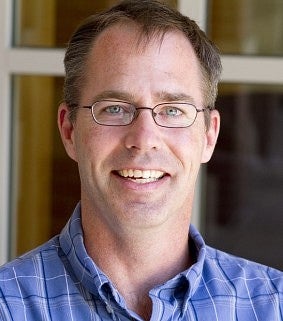
Mark Carey, Department of Geography
Climate Change, Natural Disasters, Glaciers, Environmental History, Water Management
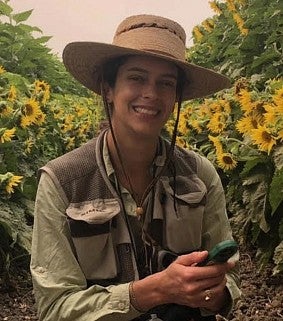
Lauren Ponisio, Department of Biology
Ecology, Conservation, Pollinators, Data Science, Food Studies, Bees
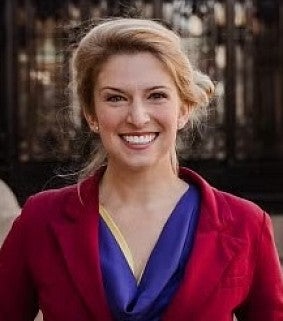
Diana Garvin, Department of Romance Languages
Fascism, Neo-Fascism, Food and Politics, Gender and Sexuality Under Far-Right Regimes, Reproductive Health Care, Abortion Rights, Italian Politics
Research Opportunities
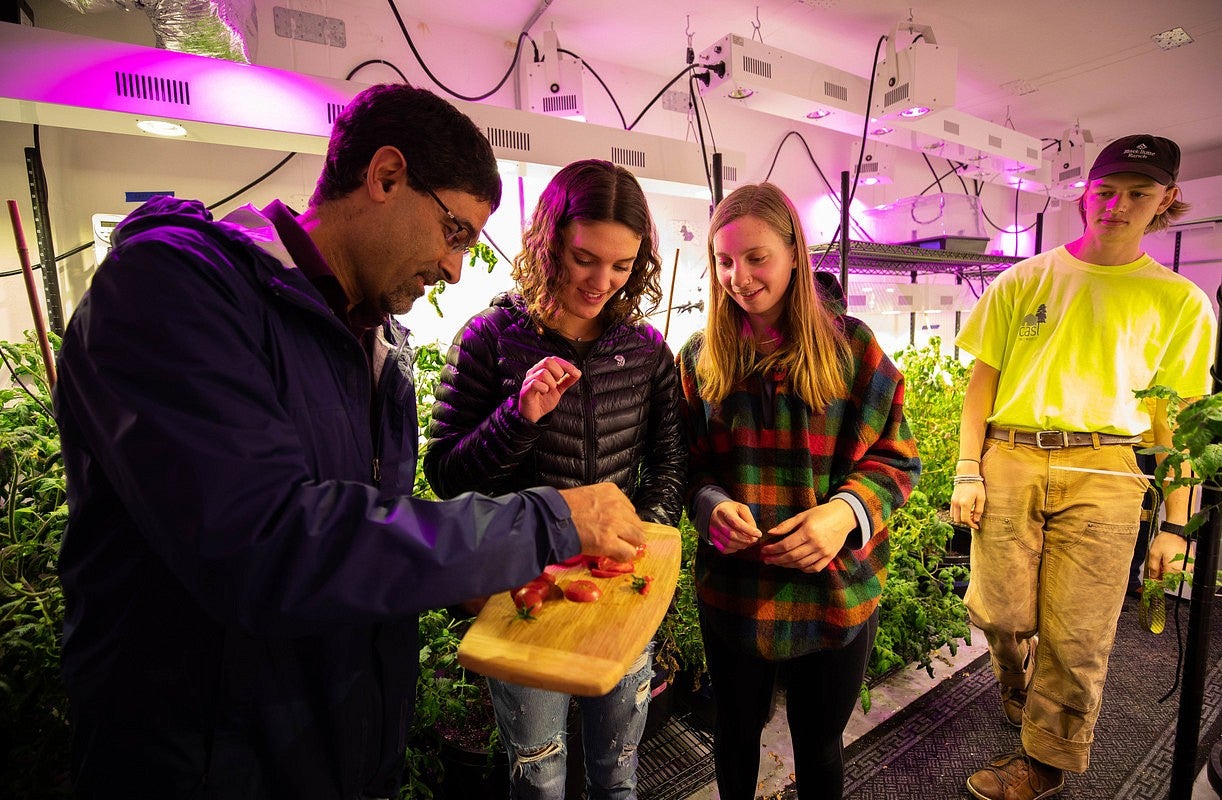
It’s not just for PhDs—in CAS, we believe that research is something students can actively connect with during their first years of college. In recent years, CAS undergrads have won prestigious research awards including Udall Scholarships, Benjamin A. Gilman International Scholarships, and the Fulbright. Whenever you’re ready for the experience, opportunities for undergraduate participation in research projects abound.
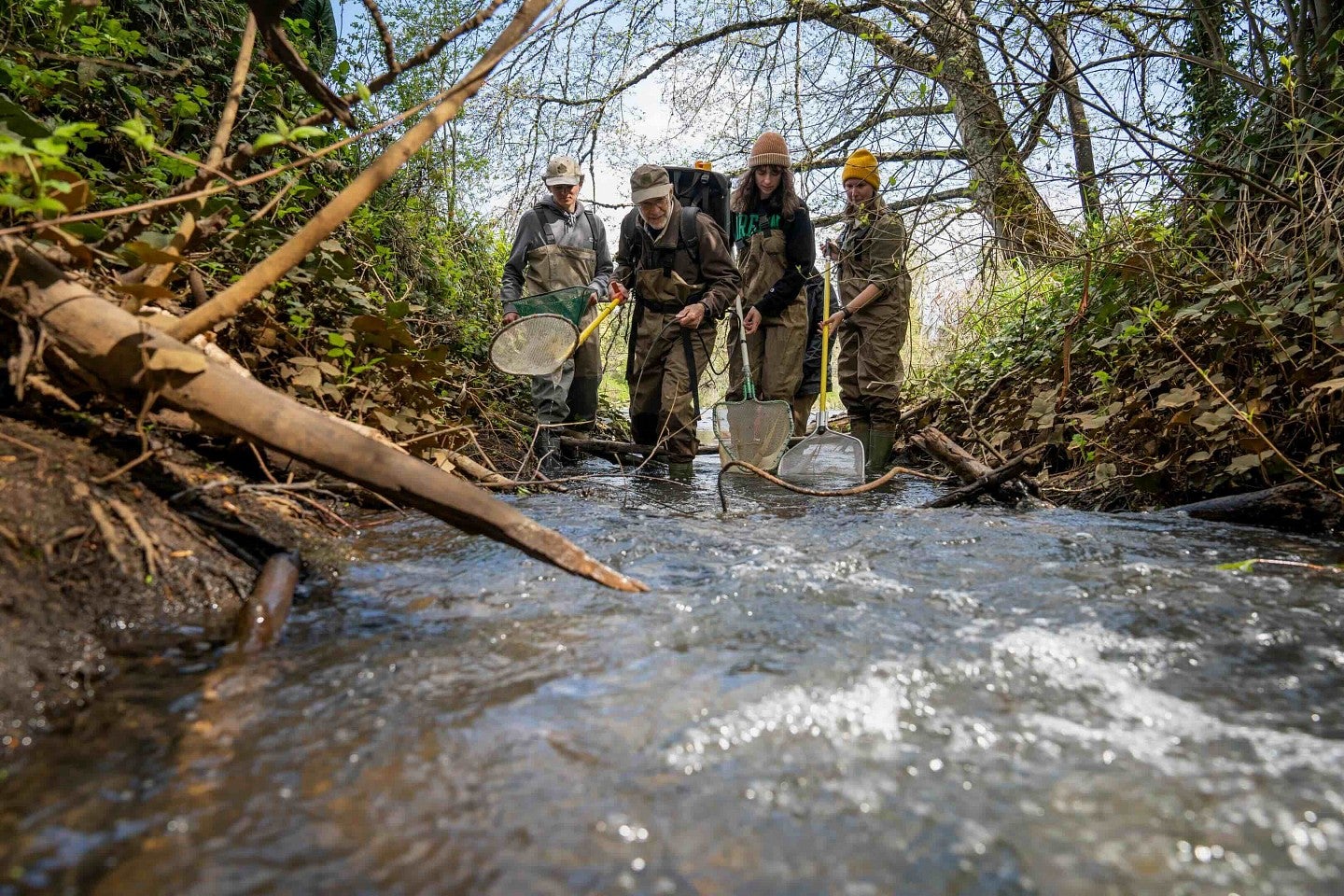
Approximately 16% of CAS graduate students are supported through research assistantships (a further 82% are employed in teaching or administrative positions). Of course, research activity in the form of personal scholarship is integral to all our master’s and doctoral programs.
Ready to arrive at UO? Whether you're applying as an undergraduate, a graduate student, or just looking to visit, find out how.


